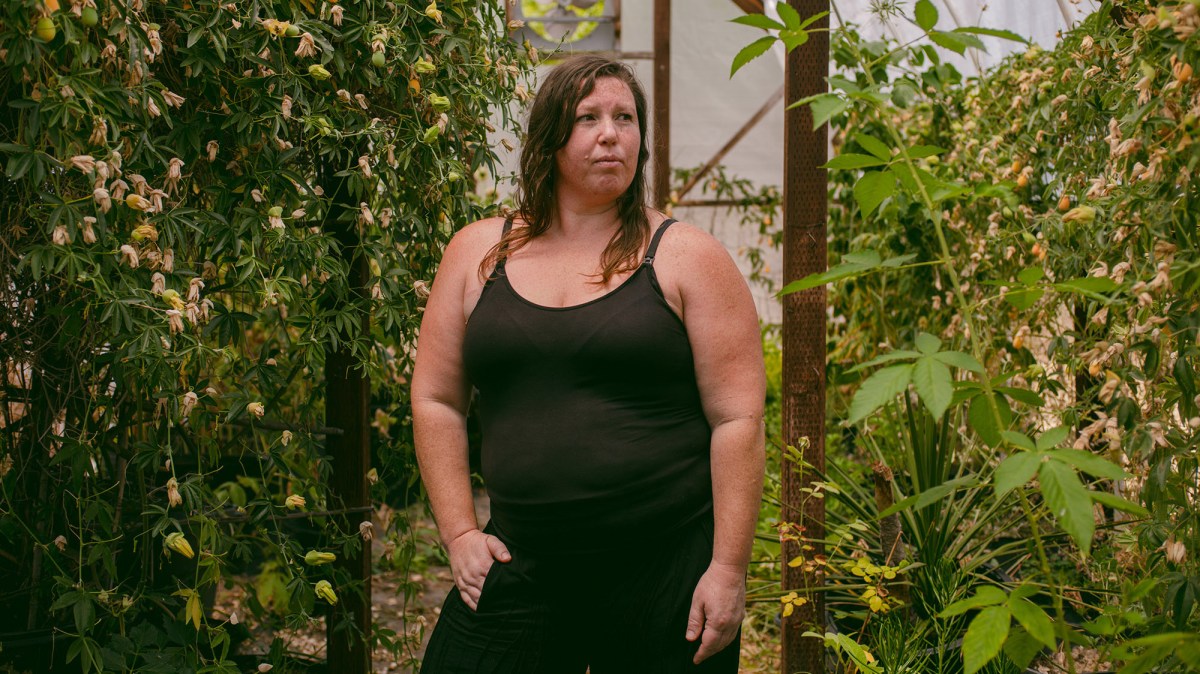Susan Horton had been a stay-at-home mom for almost 20 years, and now—pregnant with her fifth child—she felt a hard-won confidence in herself as a mother.
Then she ate a salad from Costco.
Horton didn’t realize that she would be drug-tested before her child’s birth. Or that the poppy seeds in her salad could trigger a positive result on a urine drug screen, the quick test that hospitals often use to check pregnant patients for illicit drugs. Many common foods and medications—from antacids to blood pressure and cold medicines—can prompt erroneous results.
If Horton had been tested under different circumstances—for example, if she was a government employee and required to be tested as part of her job—she would have been entitled to a more advanced test and to a review from a specially trained doctor to confirm the initial result.



Yes. What that says is that it is possible to false-positive. Particularly if the test is overly sensitive
As for the number of patients who did false positive: I might be having one of those days but I can’t find the study size for those. It looks like they are only in referenced papers that I don’t have access to because of a different problem in society.
Which gets back to what I have been saying all alone: Yes, it is possible. No, it is not particularly probable. But considering the consequences of a false positive, almost all guidance is going to say to err on the side of caution.
And, to reiterate, it is insane that social services would step in immediately rather than waiting for a blood test from someone who is already confined to a hospital because… pregnancy.